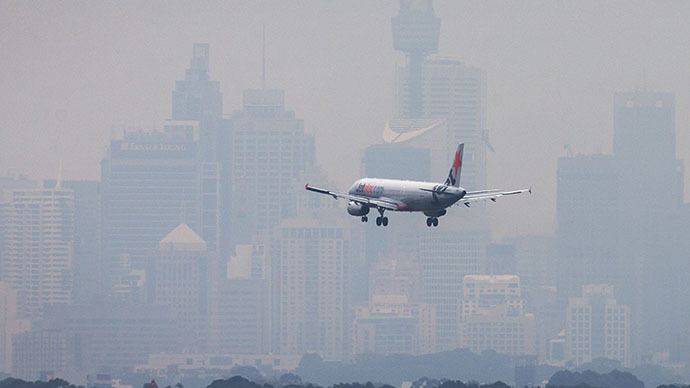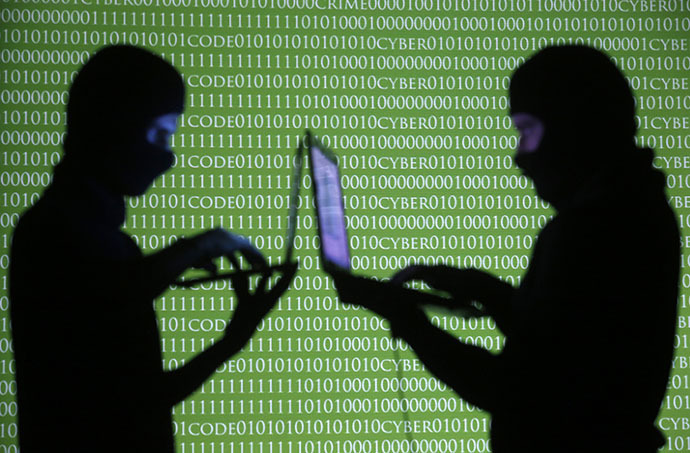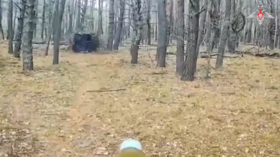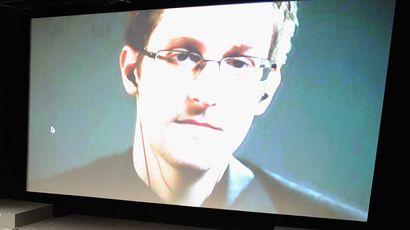Could hackers cyber-hijack a plane? UK scientists develop tech to fight malware

UK scientists are developing ground-breaking technology to stop hackers from remotely hijacking airliners, following fears from global intelligence agencies that advanced technology could be used to conduct terrorist attacks.
The researchers from Cranfield University are developing a “network architecture” that would instantly recognize malicious viruses and malware that could be used to compromise flight control software, and provide additional protection for flight technology while planes are in the air.
David Stupples, a government researcher on cyber terrorism, who is working with the researchers at Cranfield, said the technology was designed to neutralize such attackers, noting the same technology could be applied to other utilities such as public transport and power plants.
“We have to address the problem completely differently. We need to look at architectures that can survive a malware attack. This is really important for infrastructure such as power stations, water plants, all of those things, [as well as] aircraft,” Stupples told The Guardian.

There currently aren’t any known cyber-attacks to have targeted planes, although some commentators suspect that Malaysia Airlines flight MH370, which disappeared earlier this year, could have been hijacked by hackers in a possible terrorist attack.
Stupples told The Guardian there was little evidence to support this, and that remotely hijacking a plane while it was in mid-flight would have “proven extremely difficult.”
However, Stupples also said such attacks could be carried out by “someone associated with the systems” where they could directly load the malware on the plane.
“I’m beginning to get the view we’re fighting a losing battle in the malware game because there are a lot more people doing malware – the dark side has a lot more people than the light side. The dark side people are also very clever and we mustn’t underestimate them,” he added.
This comes as Robert Hannigan, the new director of Britain’s security agency, GCHQ, accused US-based social media companies of being “in denial” over how the internet is being used by terrorist groups to coordinate attacks.
Writing in the Financial Times on Tuesday, Hannigan also asserted that “privacy was not an absolute right” and that internet users would have to sacrifice civil liberties online in order for GCHQ to address new threats to national security.














